Concrete Driveway: Should You Have It Repaired or Replaced?
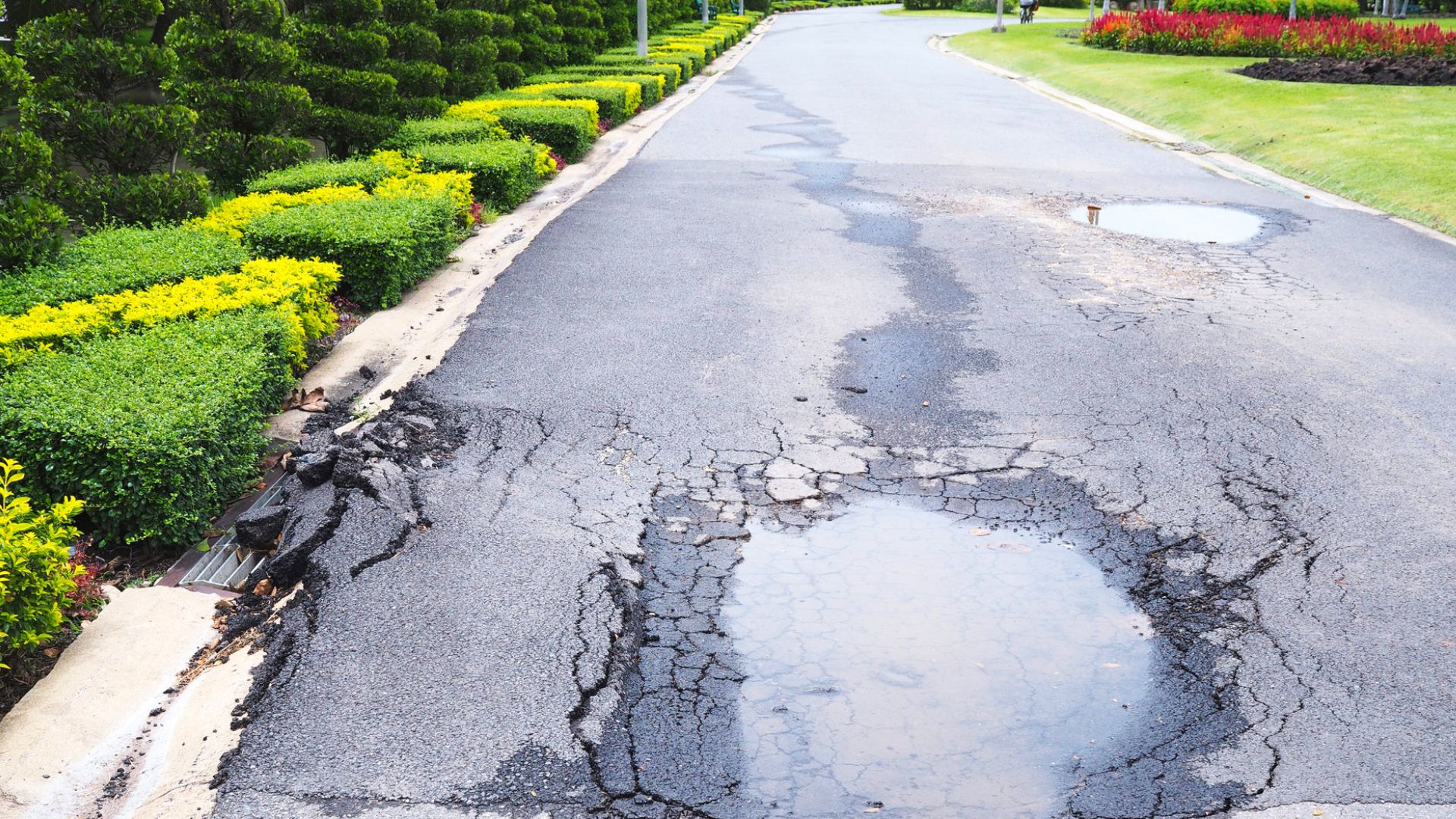
Driveways are used for more than just driving cars; they also serve as convenient play areas and workspaces for millions of people involved in various projects.
Although a driveway has the lifetime of your home, various conditions can affect them to form cracks, spalling, heaving and other signs of distress over time. Most of them can be repaired, while some may require you to replace the driveway.
While most driveways are concrete or asphalt, you may opt for other options, including crushed gravel, stone, cobblestone and other patterned concrete pavers. And to help you make the right decision, we have included the pros and cons.
Besides, we will take you through the repair methods to help your concrete and asphalt driveway last longer. So, let’s start!
How To Repair Driveways?
Even if there are multiple potholes or puddles in your driveway, you should consider repairing it first, which costs only a few dollars. For example, you need to spend around $2 per square foot while redoing an asphalt road, including gravel, soil prep, and two asphalt coats.
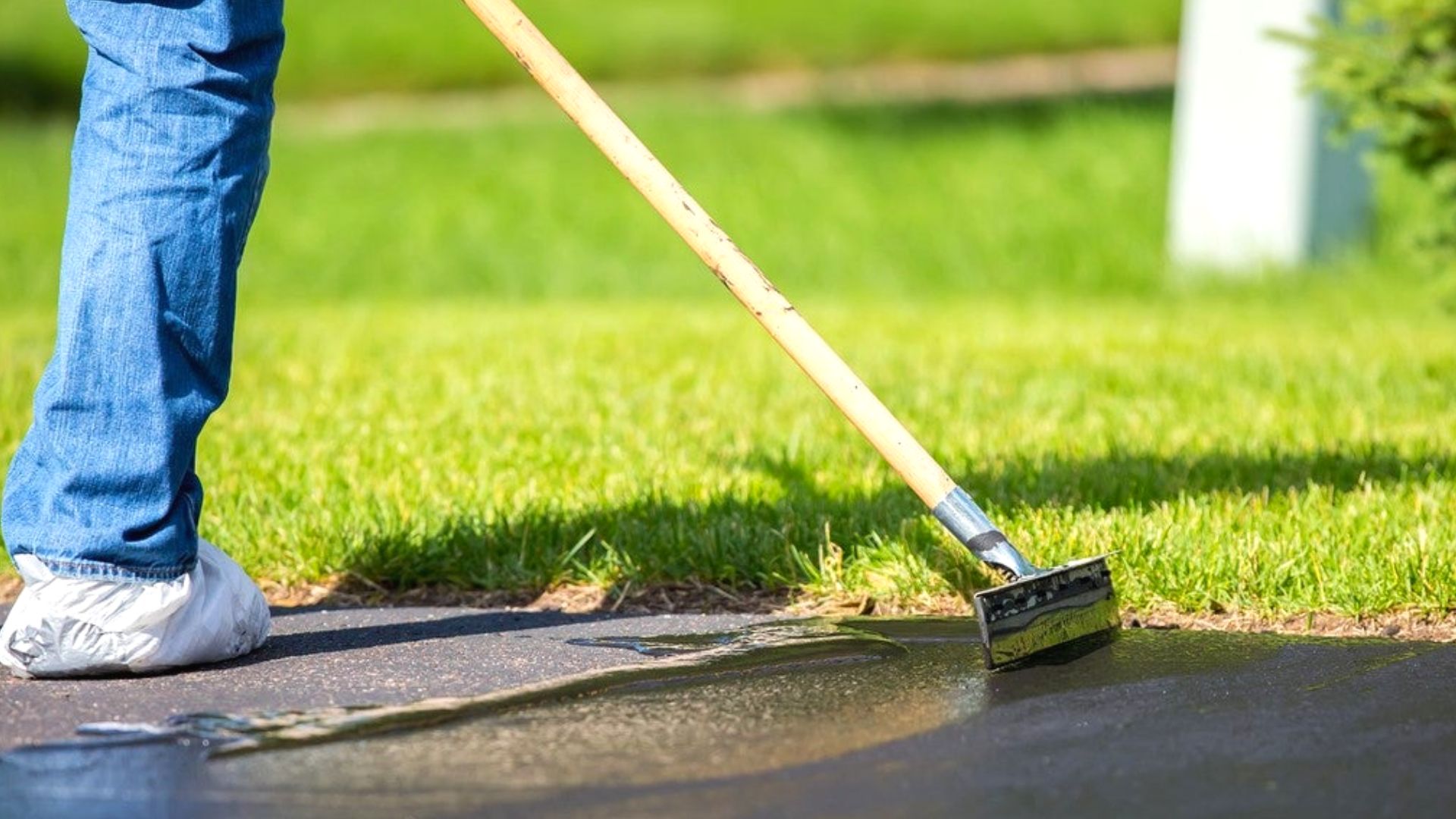
A. Crumbling Concrete Driveway Repair
If most of your driveway has subsided or heaved, or you noticed your concrete crumbling, replacing it is the best option. Due to extreme weather conditions or other factors, cracks appear on the surface, allowing water to seep inside and erode the driveway base.
So, if you can identify even minor cracks before they damage the driveway further, it’s safe to repair them. Otherwise, it’s better to replace it with a new one.
B. Fixing Cracks On Driveway
You can fix almost any crack on a driveway with cold-patch asphalt or concrete. You may even use some unique materials depending on your driveway type and the extent of cracks.
Firstly, clean any small cracks and plant holes using a water hose and spray weed killer to kill any plant growth. Follow it up by applying patching products to cover those holes; the products used also depend on the crack size. For instance, you can use Ardex’s A-300, UGL’s Masonry crack filler and Quikrete’s Crack Sealer for a ⅜-inch crack for a temporary fix.
However, use either Vinyl Concrete Patcher or Concrete repair for deeper or larger cracks. You can easily find these items in your local hardware store. But if, in any case, these products are not accessible to you, mix concrete and use masonry tools to apply it.
C. Repairing Large Holes
If deep cracks or large holes are in your driveway, fill them with gravel up to 4 inches and pour the concrete. Then, seal them with a magnesium float and use a broom or flat trowel to smoothen the surface — however, the larger the patches, the shorter their life cycle. So, you can cut short the job with a winter freeze and apply up to 30,000 psi of pressure.
Once the surface is patched, remove any existing spots on the patched concrete driveway using a specialty cleaner like Quikrete’s Concrete and Asphalt Cleaner. Seal the repair using UGL’s concrete sealer to keep the water out.
How To Replace A Driveway?
For a concrete slab or an asphalt driveway replacement, it’s crucial to call upon a reliable and professional contractor for proper installation. You can search for them under “asphalt and asphalt products” and “paving contractors” in the yellow pages.
Once you’ve selected a professional, make sure they guarantee the driveway to last for at least two years. You can also stipulate the payment schedule, where you pay one-third of the total when they take up the work and the rest when it’s completed. Also, add a clause where they can make free extensive repairs if the driveway develops spider web cracks or holes within the guarantee period.
Apart from that, the contract should have other clauses related to the optimum use of materials and standard work. This is so the driveway doesn’t get damaged, regardless of weather conditions.
Driveway Surface Options
A. Concrete Driveways
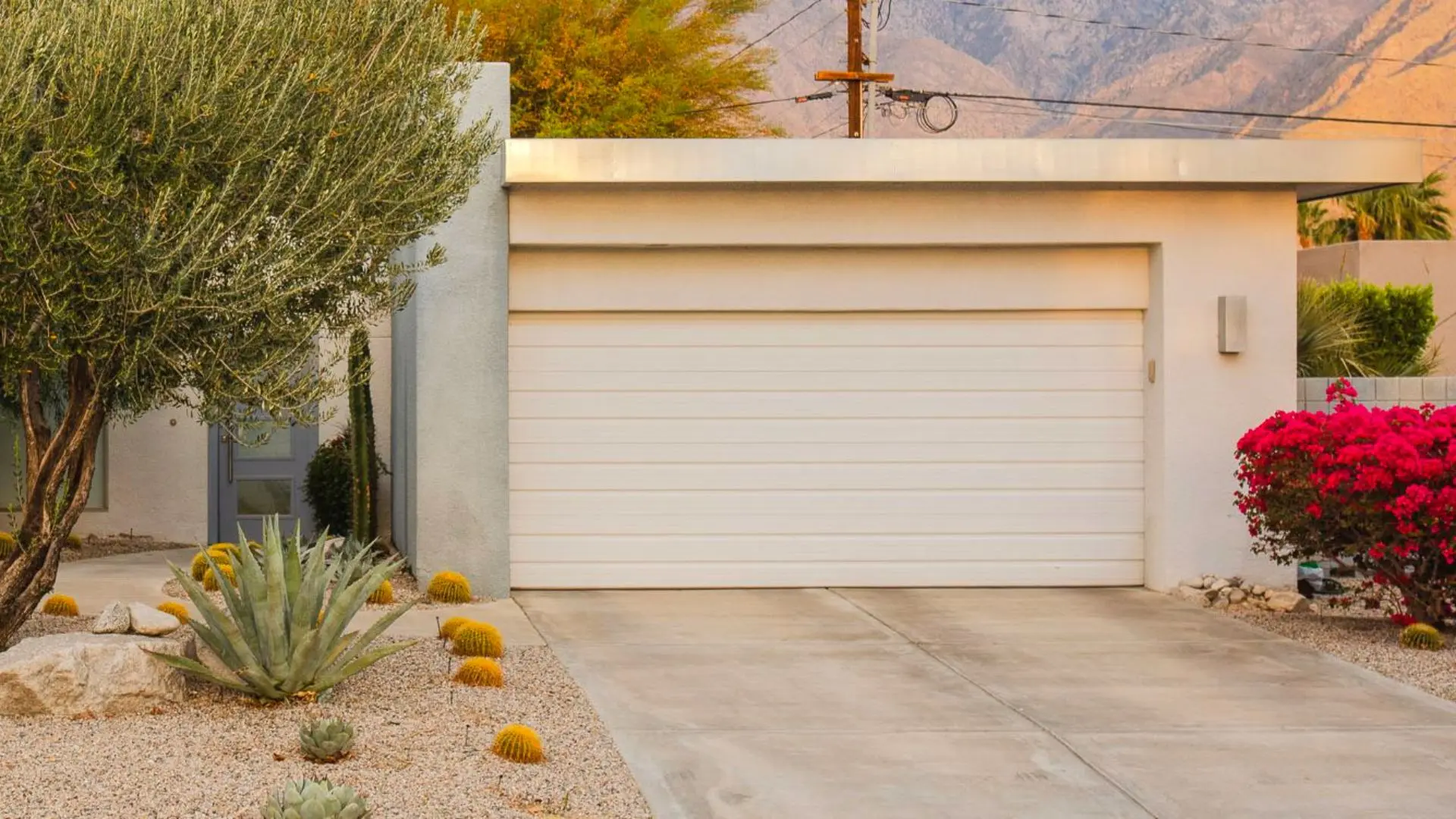
1. Available Options
Many choices are available for plain or coloured concrete and acid or pigment staining. You also have stamped and coloured concrete that looks like stone with an exposed aggregate, allowing the top layer of the textured gravel to show through. There are many different options for concrete finishes that can add to your existing driveway and existing concrete’s overall design and durability.
2. Pros
Concrete driveways are durable and long-lasting. Depending on the subsoil preparation and weather, they last anywhere from 15 to 50 years, including their biannual repair. Also, the surface is smooth, making it easy for snow removal and ideal for playing basketball.
In terms of appearance, concrete resurfacing is the best option rather than completely replacing it, as it will make the driveway look brand new. Plus, you can even save money with driveway resurfacing.
3. Cons
The primary disadvantage of replacing your driveway with a concrete one is it needs almost a week to cure before you start driving on it. It would be best to repair the road more often to keep it optimal because even a few small cracks are inevitable. Plus, you can’t relay it, and its colour tends to fade.
B. Asphalt Driveways
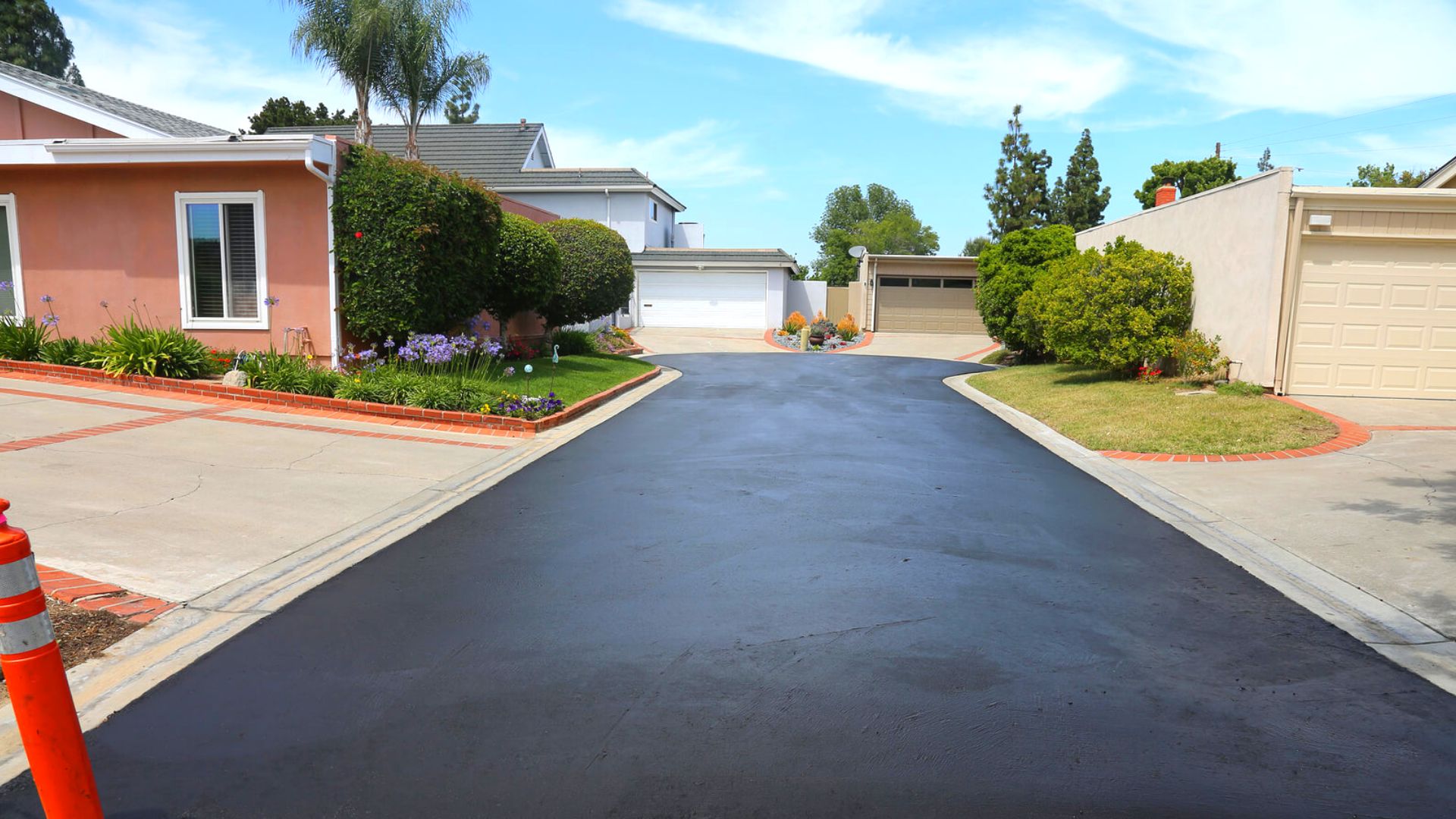
1. Available Options
Choices for asphalt driveways include pattern-stamped asphalt, plain hot-mix asphalt and acrylic polymer colours.
2. Pros
These are more resistant to deep cracks than concrete driveways, as they don’t flex much with ground movement. Plus, they are relatively durable, lasting an average of 18 years, and you can apply another layer of asphalt on the existing layer if the surface material gets damaged.
3. Cons
It isn’t easy to obtain clean and straight edges. Asphalt deteriorates in five years if it is not adequately drained, and you must reseal it every two years to help it last longer. Additionally, plants can grow through the surface, therefore breaking it up.
C. Crushed Gravel And Stone Driveways
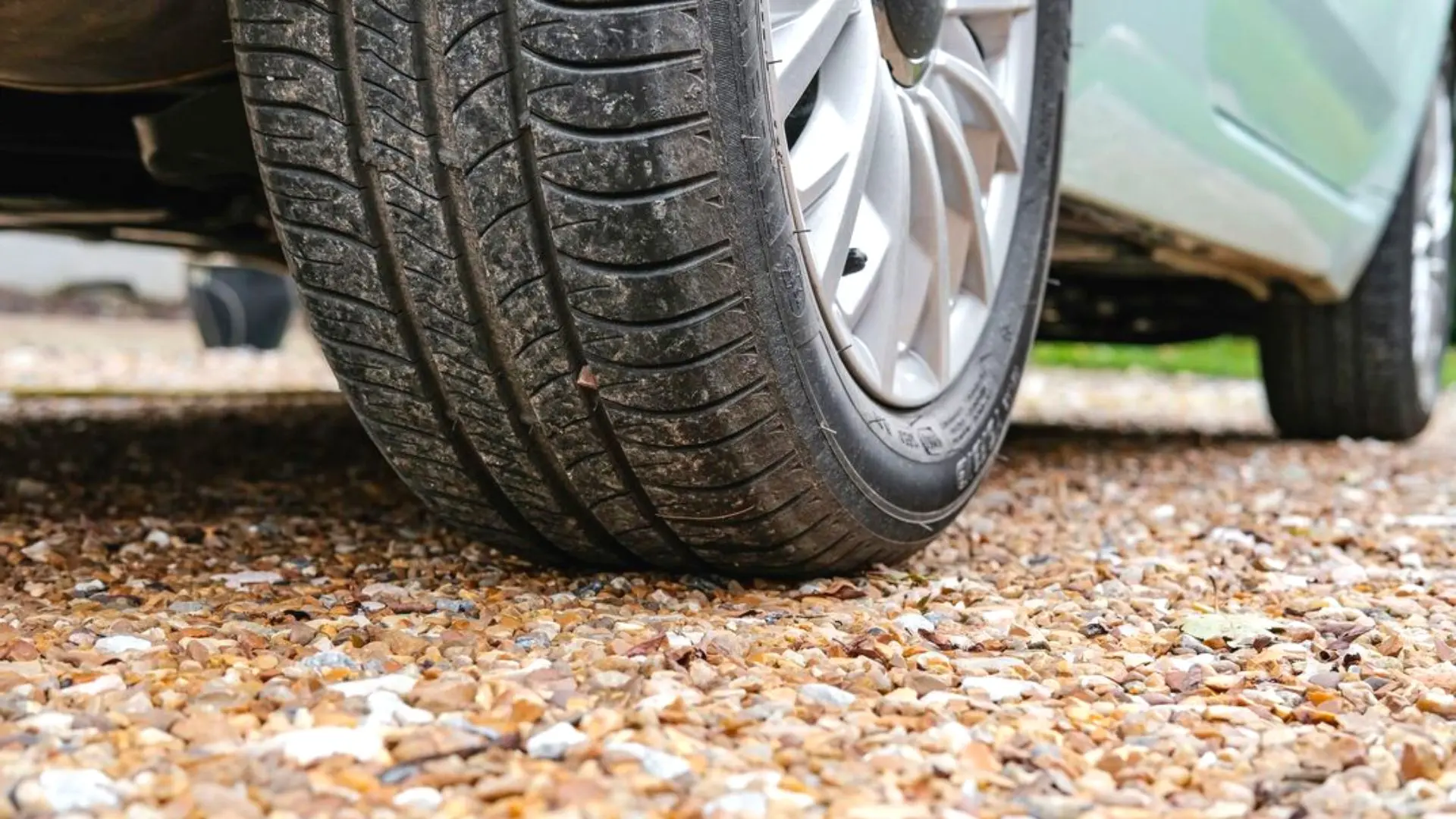
1. Available Options
Options include crushed granite, shale, concrete, limestone and various sized and coloured gravels.
2. Pros
An economical choice that offers excellent resistance to freezing temperatures. You won’t need to prepare any base for it; mix, dump and spread. And if gravels or stones scatter or compact, the surface would require redressing by adding a pea gravel coat, which is also not difficult.
3. Cons
Gravel and stone scatter quickly, creating ruts. Also, with time, smaller stones sink, leaving larger ones on top, so it’s essential to redress them periodically.
D. Cobblestone And Pavers Driveways
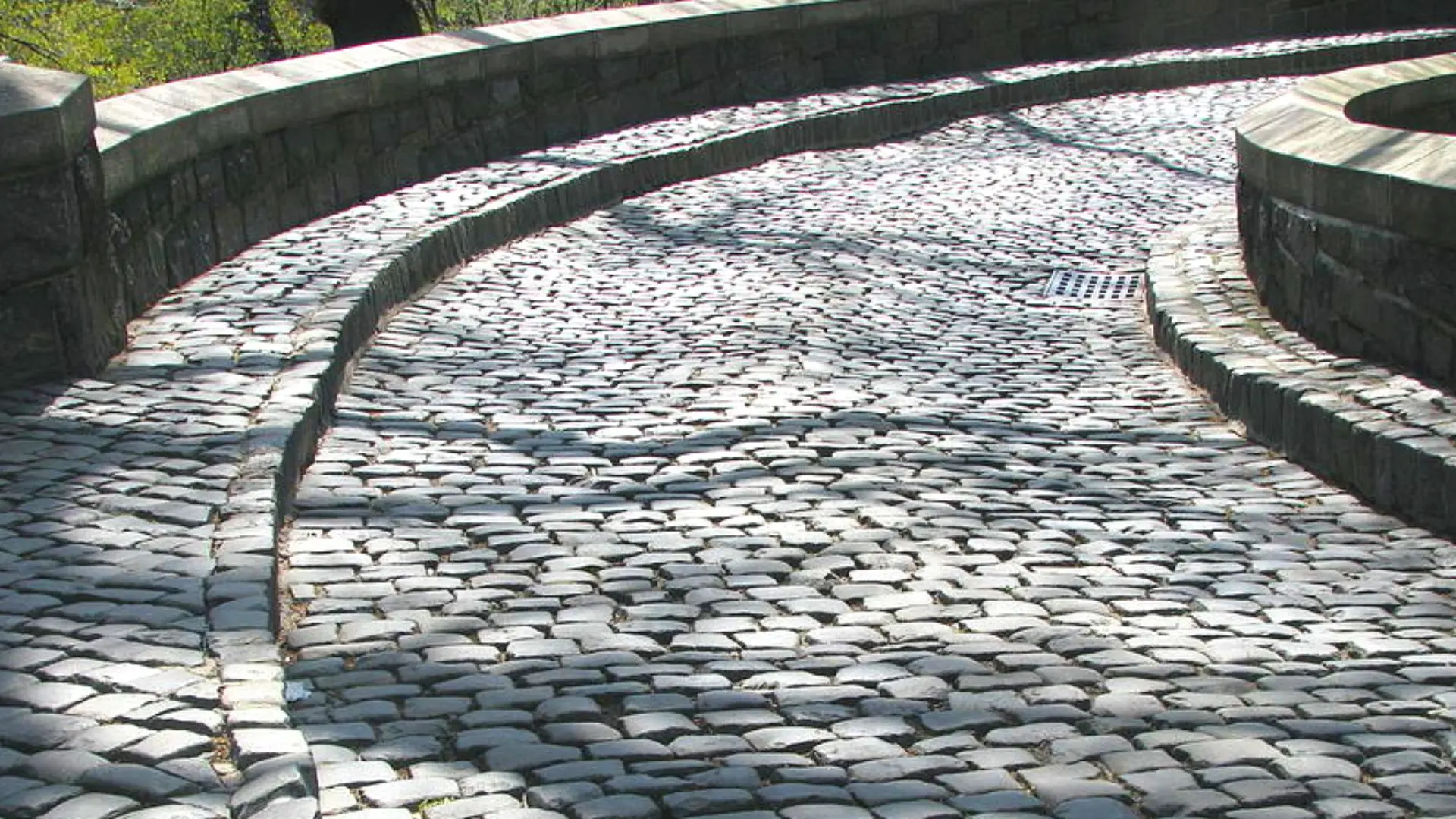
1. Available Options
Pavers come in several patterns and shapes, from unorthodox designs like anvil and trefoil to more traditional designs like keyholes, hexagons and bow ties. On the other hand, cobblestone comes only in a more conventional rectangular shape.
2. Pros
Apart from the plethora of choices, a significant advantage is that they depend less on drainage and soil preparation. Cobblestones are very durable and last up to 100 years. Plus, replacing them is not much of a task.
3. Cons
These materials are relatively expensive, and their installation requires careful preparation and excavation. Furthermore, there is a high chance that grass and weeds will grow between the wide cobblestone joints.
Which Driveway Option Suits You?
Remember that repairing or replacing your existing concrete driveway depends on the type and severity of your damaged driveway.
Now that you’ve been informed, you can take good care of the driveway. A well-maintained driveway boosts curb appeal, and it’s easier to walk along or drive through a new driveway without any large cracks or holes.
So, if you’re looking to repair or replace your driveway, weigh the pros and cons and then make a viable decision.
Make sure to contact our team at Top Coat Concrete after you have repaired or replaced your driveway. We can help you choose the right concrete finish for your driveway with the help of our Sydney flooring specialists. You can be assured of durability, longevity and a visually appealing surface with us.
Newsletter
Sign up to our flooring, epoxy and concrete blog newsletter and get all the latest news, tips and tricks from the industries best in Sydney.
Related Articles

How To: Resurface A Concrete Driveway
Confused about how to resurface your driveway using concrete? Follow our guide as we give industry tips and knowledge for resurfacing your driveway DIY style.

What Is The Best Concrete Sealer For Your Driveway
Looking to pave your driveway with a suitable concrete sealer? Check out this brief guide to know which sealer is the best for you!

Your DIY Guide to Resealing Concrete Driveway
Are you looking for a DIY guide to help you reseal your driveway? Know the proper way on how to reseal your concrete driveway in this article.